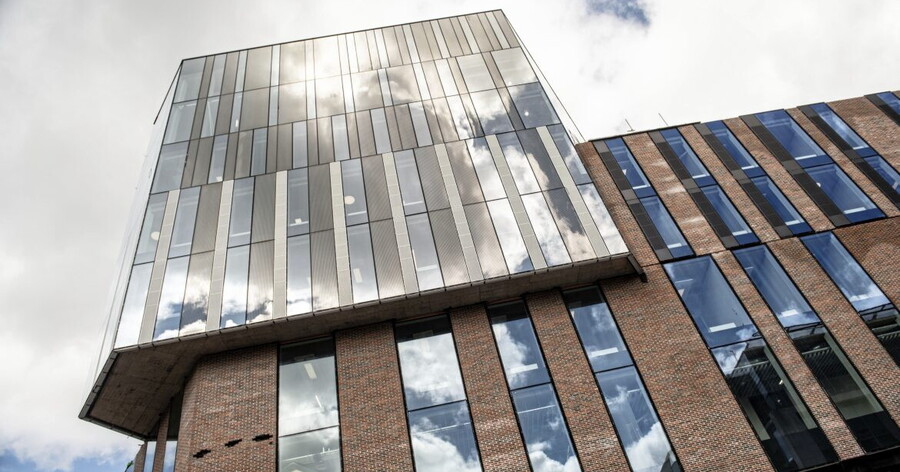[ad_1]
THE key role of the built environment in Northern Ireland’s present and future was on show to the world this month with the US President Joe Biden’s visit to Ulster University’s new Belfast campus.
The built environment has a central part to play in driving economic growth. But it also has a key role to play in shaping and influencing so much more, including the future of our young people, the climate, and perceptions of this place internationally.
So Rics is taking the opportunity to reiterate its call to our political parties in Northern Ireland to prioritise bringing about positive change in the built and natural environment to support all of this.
Like the US President and others, Rics is pushing for a functioning government to form for a wide range of reasons, including that the role of the built and natural environment in promoting a healthy, sustainable, and productive regional economy can be recognised.
The built and natural environment impacts every aspect of our lives. Delivering safe and warm homes for our citizens, with easy access to essential services and future-proofed digital and physical infrastructure, will drive up living standards and unlock our collective potential. Buildings which are people-centred can transform places of work and study and elevate the productivity of their inhabitants.
As we mark 25 years since the signing of the Good Friday Agreement this year, it is important to recognise the challenges that our built environment has overcome, and how much progress has been made.
During the historic visit to Northern Ireland, President Biden commented on how the development of Ulster University’s new state-of-the-art campus would not have happened 25 years ago. This highlights the power of infrastructure to make significant impact to the entire region and how infrastructure investment sends out a powerful positive message to global investors.
Although there has been great progress made, there is a significant skills gap in the built environment. To meet the future needs of communities, we need to attract and retain a larger, more diverse workforce, and we need to upskill them in retrofitting solutions. Rics is calling for a government to support more apprenticeships and to work with industry to deliver training which will close this gap.
Whilst we are pushing commercial real estate as a key economic driver, we must continue to recognise and protect the role of the built environment in maintaining Northern Ireland’s rich heritage and history. The fact that the highly impressive main building at Queen’s University Belfast was so prominent during the Good Friday Agreement events in recent weeks is a reminder of the calibre and quality of our built heritage.
Protecting Northern Ireland’s heritage assets is vital to place-making and brings substantial economic and social benefits. When formed, the Northern Ireland Executive should improve the stewardship of these assets for future generations by embedding industry best practice Planned Preventative Maintenance (PPM) Guidance, undertaken by competent and regulated professionals.
We recognise that the next ten years will be unprecedented for the built environment and as the pandemic recedes, we are calling for an Executive to acknowledge the importance of the built environment as a key economic driver and the role it can play in promoting a sustainable regional economy. The is vast potential over the next 25 years if we make the right decisions now.
:: Sharon McClements is chair of the Northern Ireland regional board of the Royal Institution of Chartered Surveyors (Rics), which promotes and enforces the highest professional qualifications and standards in the development and management of land, real estate, construction and infrastructure.
[ad_2]
Source link

